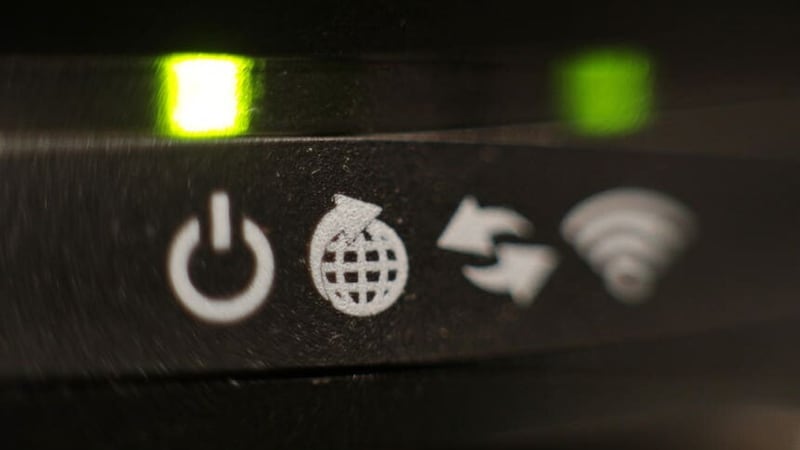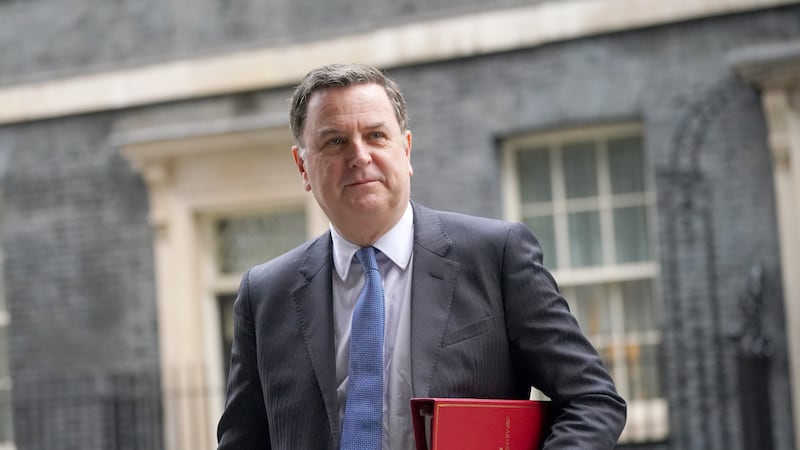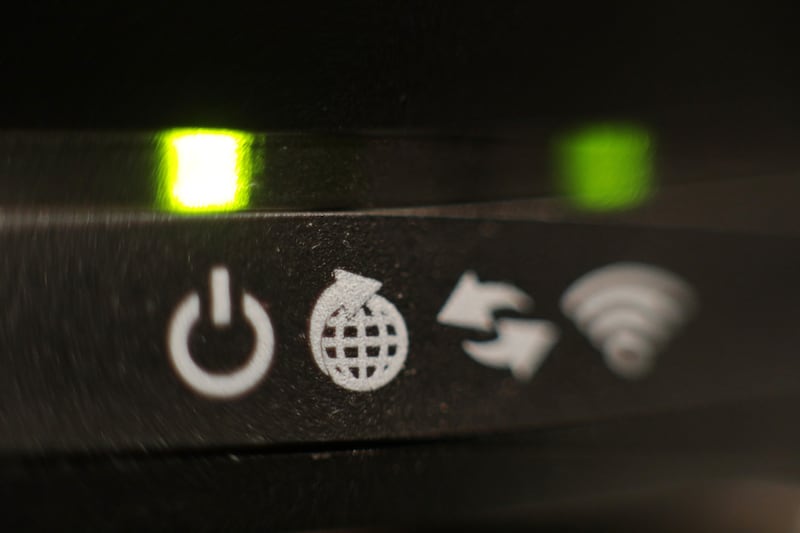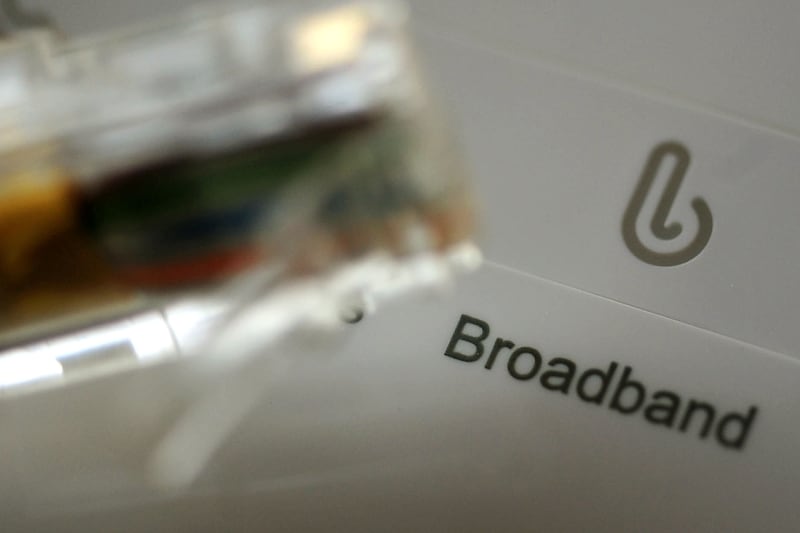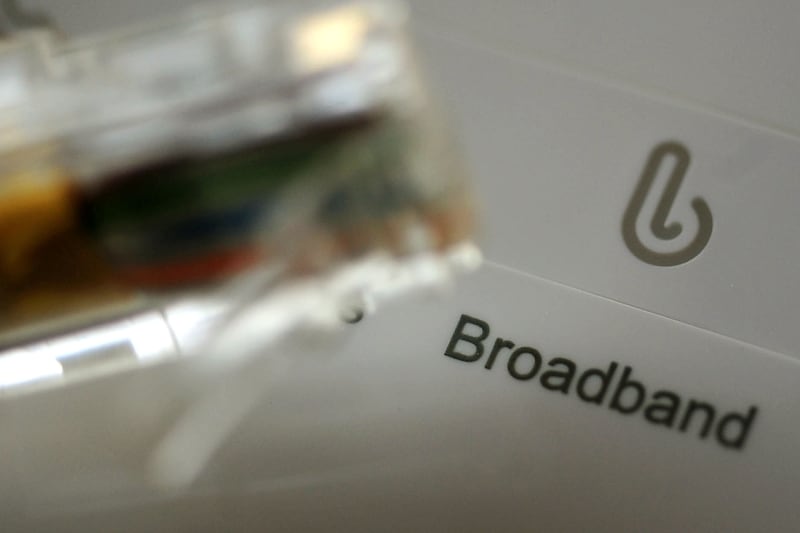More than half of broadband customers have experienced problems with their connection over the past year, despite providers inflicting inflation-busting price hikes, a survey suggests.
The latest “broadband satisfaction survey” by Which? found that 53% of the nearly 4,000 broadband customers polled had experienced connection issues in the year to January, most commonly frequent connection dropouts, “very” slow speeds and slow uploads and downloads.
The issues were “persistent” across all the providers, with narrow margins between the best and worst offenders for poor customer experiences.
The watchdog noted that the scale of problems added “insult to injury” as many customers saw their bills jump by more than 14% after many providers chose to impose inflation-based price increases earlier this year.
Providers often link their annual price rises to January’s Consumer Price Index (CPI) or the Retail Price Index (RPI), which were 10.5% and 13.4% respectively – an amount which would have been unforeseeable for customers signing up to their contract 18 or 24 months previously.
The current system forces millions of customers to choose between paying more each month or exorbitant exit fees, which can exceed £200.
Industry watchdog Ofcom is currently investigating whether inflation-linked, mid-contract price rises give customers sufficient certainty and clarity when signing up to new contracts.
Of the UK’s biggest providers, Sky, Virgin Media, and EE had the lowest proportion of customers who had not experienced any issues, with just 32%, 35% and 37% of their customers not reporting any problems.
Of the major providers, BT fared best with 49% of its customers not experiencing a performance issue in the past year.
Hyperoptic, Shell Energy Broadband and Utility Warehouse performed better, with half or more of their customers not experiencing any performance issue over the 12 months.
However, even with these providers, at least four in 10 customers said they had experienced at least one problem.
Frequent connection drop outs were the most common broadband issue, experienced by 19% of those who had suffered a problem.
Some 17% suffered slow speeds, while 15% experienced slow uploads and downloads.
One in seven (14%) said they had been left without a connection for at least an hour.
One in 10 (12%) experienced slow or disrupted streaming when listening to music or watching videos and 8% said they were left without connection for more than a day.
Overall, around four in 10 (44%) said they had experienced some kind of customer service issue and 11% said they had either found it difficult to get in touch with their provider or struggled to get their issue resolved.
Rocio Concha, Which? director of policy and advocacy, said: “A reliable connection is essential to modern life. Earlier this year, many broadband consumers were hit with mid-contract price hikes of more than 14% – meaning that it’s more important than ever that their provider offers a reliable connection and good customer service.
“It’s completely unacceptable that customers who have faced these eye-watering increases are also experiencing so many problems with their connection. Broadband firms need to work harder to resolve these issues and offer a better service.
“While some customers are able to switch away to better service and prices, many are trapped in contracts where they either have to accept above inflation price hikes in the spring or pay exorbitant exit fees to leave the contract early.
“It’s absolutely critical that Ofcom’s review of inflation linked mid-contract hikes results in changes that ensure customers are never trapped in this situation again.”
A Sky spokeswoman said: “We are committed to providing the best service to our customers.
“We do not believe this is a representative survey – Ofcom’s quarterly complaints data shows we are consistently one of the least complained about broadband providers and, in Ofcom’s latest report, we received the fewest complaints out of all broadband providers.”
A Virgin Media spokesman said: “While these findings are only taken from a small sample of customers, the latest, fuller data from Ofcom shows that our customers benefit from the fastest download speeds, and customer complaints on our broadband services fell by 22% in the first quarter of this year.”
EE said: “Ofcom’s latest complaints report shows that we remain one of the least complained about broadband providers, with complaints remaining well below the industry average throughout recent years.
“We have proudly led the way with social tariffs since 2008, with around 80% of the total market being supported on BT social tariffs.
“Customers who are struggling financially and are eligible for our social tariffs can move penalty-free at any point in their contract, this also includes EE and Plusnet customers. “
